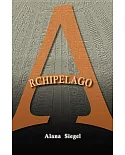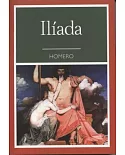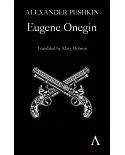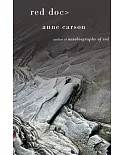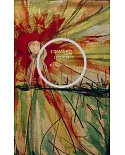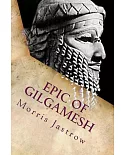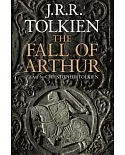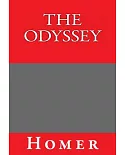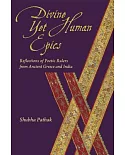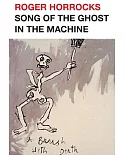The two fourteenth-century manuscripts that are the subject of this catalogue and the core of the exhibition that it celebrates have for a long time charmed viewers and intrigued scholars.
The poetic anthology, theMu’nis al-ahrar, is dated 1341, while the copy of the Persian national epic, orShanama, has no date, being defective. No convincing evidence for the
place of origin of either manuscript has been put forth until now. The collaborative efforts by the authors of this catalogue have yielded several discoveries, proving how productive it is
for art historians to cooperate with linguists and literature experts in the study of illustrated manuscripts. Dr. Stefano Carboni decided to reassemble theMu’nis al-ahrar manuscript,
recognizing that its dispersed leaves were unusual, forming a unique chapter on illustrated poetry. Dr. Carboni discusses the art historical aspects of this poetic anthology, while the
frontispiece and miniatures are examined in his accompanying entries. Alexander H. Morton of the School of Oriental and African Studies at the University of London contributed an illuminating
essay in which he convincingly links theMu’nis al-ahrar to Isfahan and explores its illustrated poetic antecedents. Marie Lukens Swietochowski discusses the Metropolitan Museum’s
so-called Schulz or GutmanShanama, and interprets forty-one miniatures in entries. Tomoko Masuya, Kevorkian Research Fellow in the Department of Islamic Art, was responsible for the
challenging task of reconstructing the Museum’s defective version of theShanama. [This book was originally published in 1994 and has gone out of print. This edition is a
print-on-demand version of the original book.]



